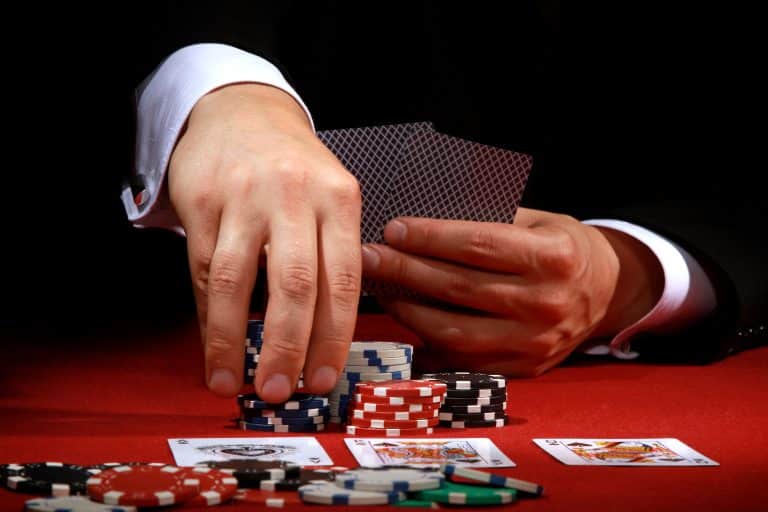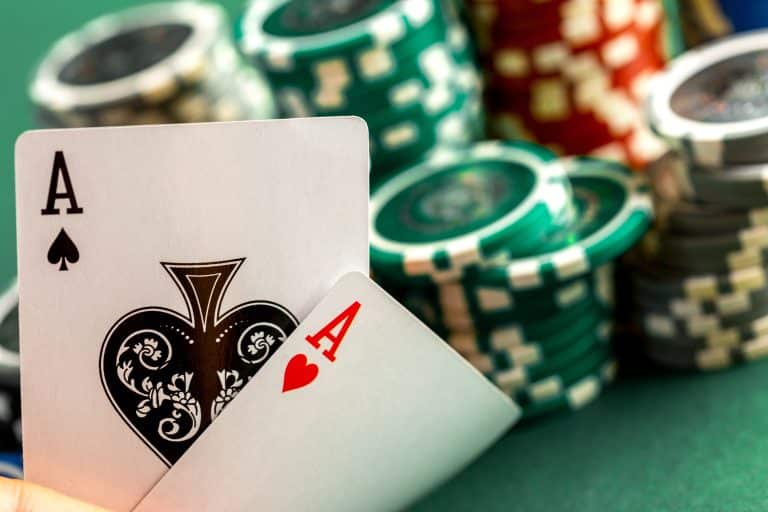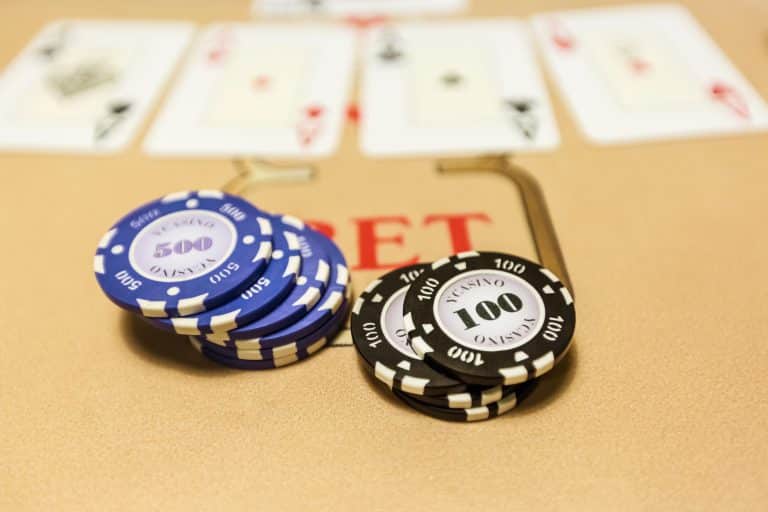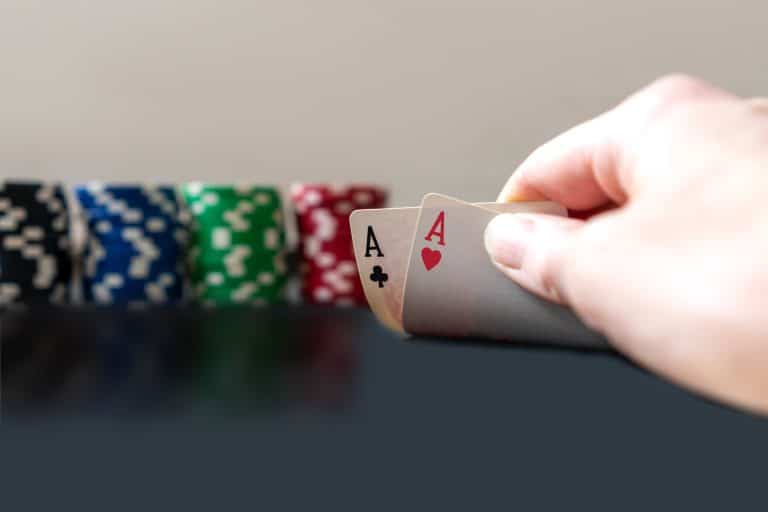Poker is one of the most popular card games in the world. It is played by between two and 10 people at a table, with the objective of making the best five-card combination and can be played at the best online casinos in Australia.
It is a game of strategy, bluffing and luck, but there are also some important skills you can develop to improve your chances of winning in online casinos pokies. These include:
Position
Position is an important aspect of poker. Depending on which position you are in, you have a few advantages and disadvantages. Generally, you can play more hands when you’re in the middle position, and you’ll get to see more other players. Depending on your position, you can play the button, the small blind, or the big blind in the best online casinos pokies in Australia.
A player in the button position has a positional advantage, which means that no other player can take away their position from them. Players in other positions are in a relative position, which means that they can’t predict how the other players will act and can lose their position if they join. The best way to avoid losing your position is to try and be confident in your play.
Position when playing poker is very important, and should be considered when choosing your strategy. In flop games, you want to maximize your position and play with the best odds possible. This can increase your chances of winning by reducing your opponent’s potential winnings. You should also try to play more hands in your position, and play fewer hands out of position.
Position is important in poker, because it can help you to play bigger pots. Position also helps you avoid deception. In a pot, a player in position has more influence, which gives him or her more leeway to play with a strong hand.
Betting
When playing poker, it is important to know when to bet. This includes when to bet on the flop, the turn, and the river. You also need to consider your position at the table and the image of other players, as well as the overall strength of your hand. Betting is a major part of the game and should be approached carefully.
When playing poker, you should know that there are thin odds for winning. It is easy to get excited and lose track of the odds. Especially after a string of wins. Hence, you should be smart and wise with your decisions. However, be sure that you do not go overboard when betting, or else you may end up being predictable by the other players.
Bluffing
Bluffing in poker can be a tricky strategy that can end up making you lose your game. It is important to know the range of your opponent’s hand before attempting to bluff. This will allow you to gauge whether or not your opponent has a good hand or is just playing bluff. It is also important to know how strong your opponents’ hands are before the flop. This way, you can represent your strong hand with credibility.
Often, the best targets for a bluff are players with TAG stats and basic knowledge. But sometimes, you will need to take a chance on a nit – a player who doesn’t know enough about the game to be able to pick up on your bluff. But when a nit resists your bluff, you should stop betting with a weak hand.
A bluff is not worth it if it fails. If you have a hand that’s worth a lot of money, you can play it more aggressively. But if you’re a beginner, you should be cautious and save your money until you have advanced enough in the game. In addition, you should never hold your breath during a game of poker. Moreover, you shouldn’t hold your breath and try to make your opponent fold.
A successful poker game requires the ability to bluff. It’s a skill that will help you win more money and make your opponents tougher to beat. However, if you’re not good at bluffing, you’re likely to make a mistake. By practicing, you will become better at catching other players’ bluffs.
Limits
When playing poker, it is essential to understand the limits. These limits set the maximum amount of money each player can bet on any one hand. They are important for the game’s safety, but they also make the game more challenging for the players. Knowing the limits will help you avoid making mistakes and improve your strategy.
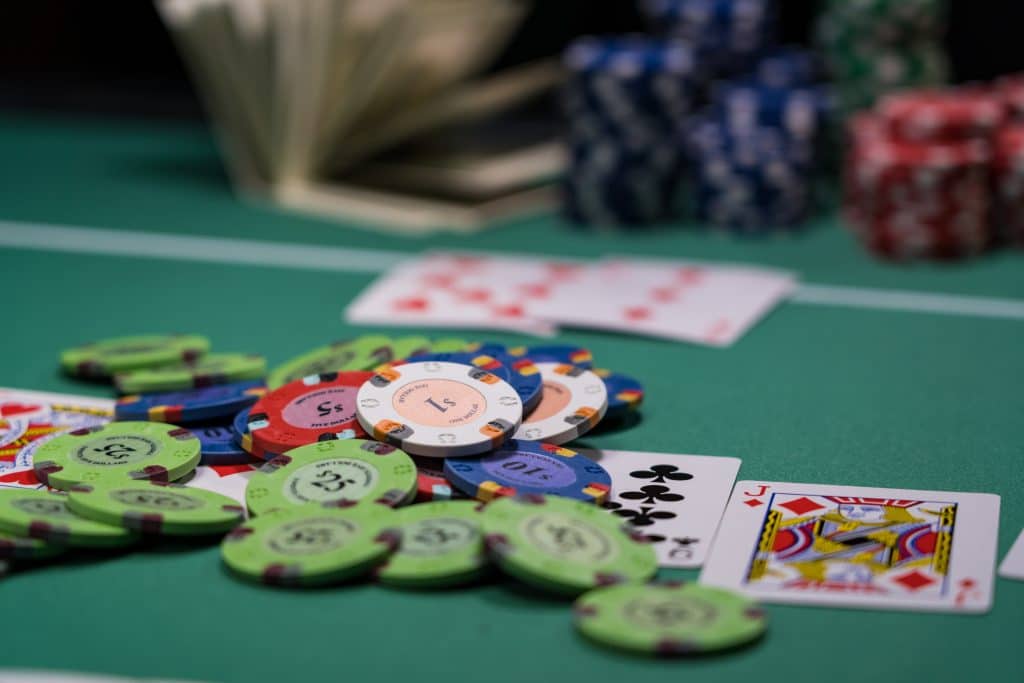
Starting hands
Using starting hands in poker is an important part of the game. Starting hands in poker are determined by your starting position. It is important to play conservatively – you should always remember that someone else could have a better hand than yours. As you learn more about poker, you will be able to make more informed decisions about betting after the flop.
Starting hands are also dependent on your position in the table. If you are in the early position, you should focus on playing hands with high cards, such as pocket pairs and suited cards. These hand combinations will increase your odds of winning the pot. However, if you are in a deep position, you can play a bit more aggressively.
While you should stick to the pre-flop chart, you should use your own judgment as well. There are a number of factors to consider when choosing a starting hand, including position and information on the dealer. The best starting hand range will keep you out of trouble at least 90 percent of the time.
Playing too many starting hands is a common mistake that beginners make. It’s a bad idea to play more starting hands than you can afford, and it will give you the wrong mentality. Ideally, you should play only the best hands when you start. In addition, the best starting hands can vary depending on the number of players and table size.
Betting ranges
The first step in using betting ranges when playing poker is to determine the types of hands that your opponent holds. Depending on their actions, ranges may be based on the percentage of the board with these hands. You can calculate your ranges based on the frequency of your opponents’ hands and the positions they usually play in.
Poker ranges are useful because they allow you to make an educated guess about your opponent’s hand. You can use this information to determine the right amount of money to bet based on your opponents’ ranges. This information is vital because it allows you to make the best +EV decisions. This way, you’ll know when to play based on how many cards you think your opponent has.
When playing poker, you’ll also want to determine how many hands to raise. While the optimal three-bet percentage varies from one position to another, overall, most players should be somewhere between six and nine percent. This range is not overly tight or loose, and it’s not vulnerable to being exploited by your opponents.
You can also use polarised and merged ranges. This is helpful if the Villain’s range is wide. If you’re playing poker against a polarised range, you can combine it with your own range to get a stronger advantage.

